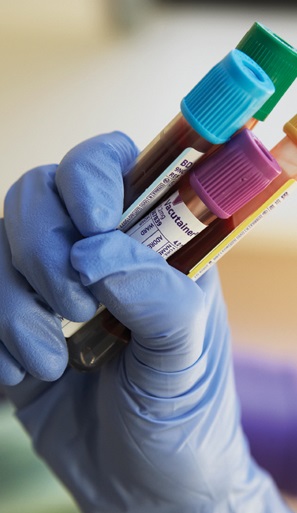COVID studies questioned
 A research ethicist has warned that the COVID-19 pandemic is allowing a flood of potentially substandard research.
A research ethicist has warned that the COVID-19 pandemic is allowing a flood of potentially substandard research.
The rapid spread of COVID-19 and its transition into a global pandemic has propelled researchers to search for treatments and vaccines, flooding journals with submissions, while thousands of papers, which have not undergone thorough quality checks, have been posted on preprint servers.
A string of these new papers have been retracted or are under a cloud of questioning.
As of 7 May 2020, 1221 studies on COVID-19 were registered on the international clinical trial registry site, ClinicalTrials.gov.
And as of 31 July 2020, 19 published articles and 14 preprints about COVID-19 have been retracted, withdrawn, or had serious doubts raised about the integrity of their data, formally known as an expression of concern.
Most of these papers came from Asia, with over half coming from China.
The rush to publish means there is less time for quality checks by researchers and their supervisors and for thorough reviews of study applications by research ethics committees, says ethicist Professor Katrina Bramstedt.
Added to which, these committees cannot be expected to routinely include the key experts needed for COVID-19 research, such as immunologists, microbiologists and lung disease specialists.
Journals, too, rely on a fleet of peer reviewers, all of whom work on a voluntary basis and have competing demands on their time.
To counter these issues, Prof Bramstedt suggests that the efficiency of the submission process is tightened up and that research ethics and integrity training be mandated for all researchers.
They should also have timely access to ethical advice on research dilemmas involving topics such as authorship disputes, image manipulation, citations and referencing, informed consent, ethical participant recruitment, etc.
Any infractions of policies and standards should have meaningful consequences to ward off repeat offences, she suggests, adding that it is important to publicise the results of any investigations, whatever the outcome.
“Research has the potential to enter the public domain and be used by many stakeholders, including governments and policy makers, so the data must be robust,” Prof Bramstedt said.








 Print
Print